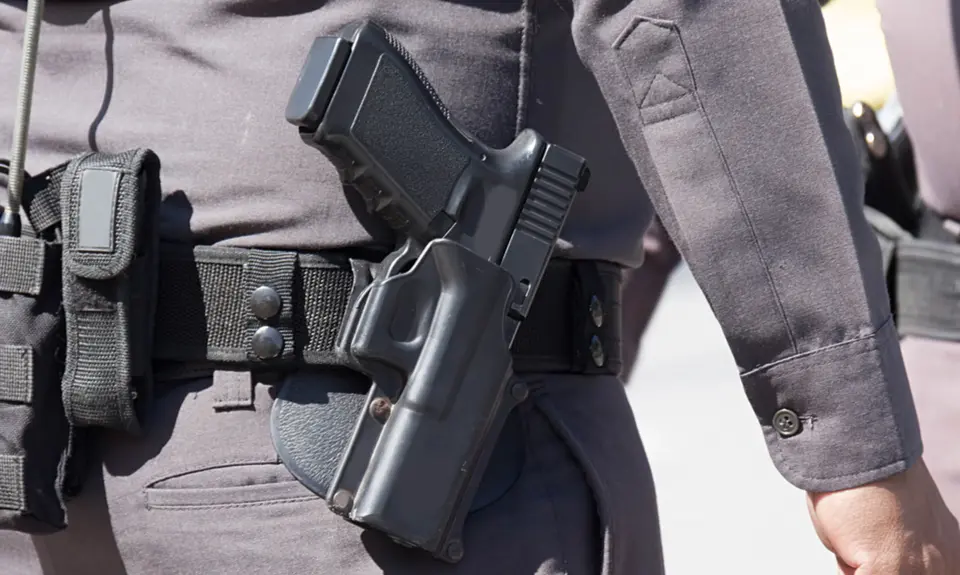Judge Gabriel Sanchez, nominated by President Biden to the Ninth Circuit court of appeals, wrote a unanimous decision that upheld a federal law allowing judges to bar people from possessing firearms as a condition of release from pretrial detention. The ruling specifically affirmed two lower court judges who had done so in two cases. The March 2024 decision was in US v Perez-Garcia.
What happened in this case?
The Bail Reform Act of 1984 authorizes federal judges to restrict firearms possession by people arrested for federal crimes and released before trial. Lower court judges included those requirements as a condition for pretrial release of John Fenci and Jesus Perez-Garcia, and both claimed that the restriction violated their rights under the Second Amendment.
John Fenci was arrested for illegal gun possession and other crimes after police “found more than 110 guns in his home,” including “ghost guns,” silencers, and “thousands of rounds” of armor-piercing and other ammunition. Police arrested Jesus Perez-Garcia after they found significant amounts of illegal drugs in the car he was riding in. Both were charged with “multiple felony offenses” and were released “pending their trials,” but “temporarily barred” from “possessing firearms pending trial.” They appealed the firearms restriction to the Ninth Circuit.
How Did Judge Sanchez and the Ninth Circuit Rule and Why Is it Important?
Judge Sanchez wrote a unanimous opinion that upheld the firearms restrictions and the provision in the Bail Reform Act authorizing their imposition. Sanchez recognized that under the Supreme Court’s Bruen ruling, the government had to show that the restriction is “consistent with this nation’s historical tradition of firearms regulation.” Through a careful analysis of precedent and history, Sanchez explained that the Bail Reform Act restrictions on Fencil and Perez-Garcia were “consistent with how and why our nation has historically disarmed criminal defendants facing serious charges while awaiting trial.” Based on precedent, he specifically rejected the claim that the government must “identify an 18th century law that is a ‘dead ringer’ for the modern pretrial release regime.”
Judge Sanchez’s opinion is obviously important because it upholds the pretrial restriction on pre-trial gun possession by Fenci and Perez-Garcia under the Bail Reform Act. It also sets a significant precedent for upholding this restriction in other cases. This is particularly true in the Ninth Circuit, which includes California, Alaska, Arizona, Hawaii, Idaho, Montana, Nevada, Oregon, and Washington. In addition, the decision serves as a reminder of the importance of promptly confirming fair-minded nominees like Judge Sanchez to our federal courts.
